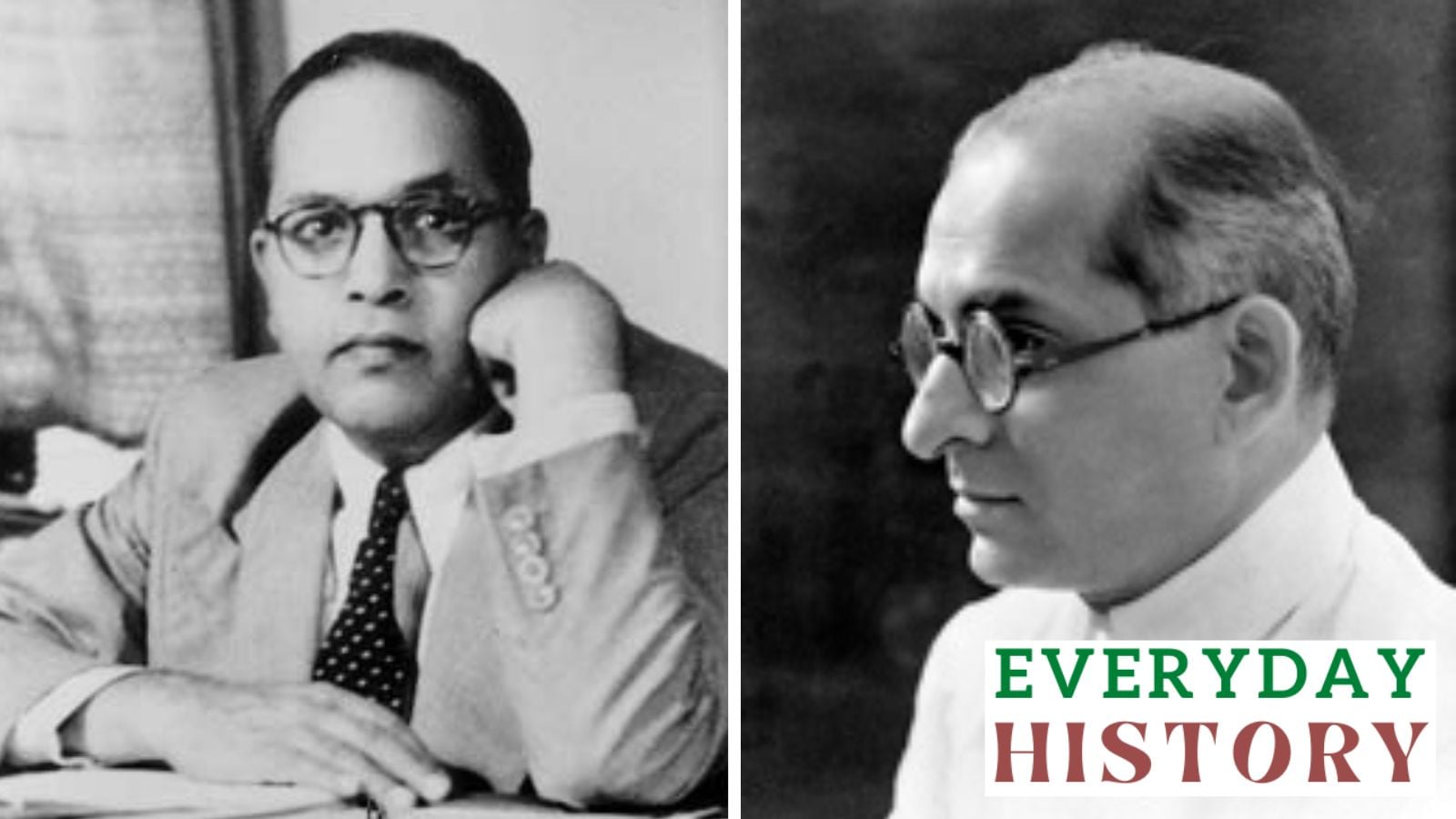 |
|
Prime Minister Narendra Modi's recent reiteration of his support for a Uniform Civil Code (UCC) in India has reignited a long-standing debate about the country's legal framework. His invocation of the views of Dr. B.R. Ambedkar and K.M. Munshi, two prominent figures in the drafting of the Indian Constitution, highlights the historical context surrounding this contentious issue. The debate centers around the replacement of India's diverse religious personal laws with a single, secular civil code governing personal matters such as marriage, divorce, inheritance, and adoption. While proponents argue for national unity and gender equality, opponents express concerns about the infringement of religious freedoms and potential discrimination against minority communities. Understanding the historical context, particularly the perspectives of Ambedkar and Munshi during the Constituent Assembly debates, is crucial to grasping the nuances of this ongoing discussion.
K.M. Munshi, a prominent member of the Constituent Assembly, strongly advocated for the UCC, countering arguments that it would be tyrannical towards minority groups. He argued that the notion of personal laws being sacrosanct was not prevalent in advanced Muslim countries. His argument particularly targeted the discrimination against women embedded within certain religious personal laws, pointing out the conflict with the fundamental rights enshrined in the Constitution guaranteeing gender equality. Munshi emphasized that a unified civil code was essential for national unity and modernization, urging his fellow members to transcend isolationist perspectives rooted in religious identity and embrace a more cohesive national identity. His call for a unified approach toward personal matters aimed at creating a strong and consolidated nation, a vision central to the founding of modern India. This vision, however, remains fiercely debated, with different interpretations of its implications and potential consequences.
Dr. B.R. Ambedkar, the chief architect of the Indian Constitution, while not explicitly endorsing or opposing the UCC's merits, actively supported the inclusion of Article 35 (later renumbered as Article 44) in the Directive Principles of State Policy. This article directs the state to endeavor to secure a uniform civil code for all citizens. Ambedkar’s support stemmed from his belief that a uniform legal system would help reform India's social system, which he felt was riddled with inequities and discrimination. He used the existing uniform criminal code as an example to demonstrate the feasibility of a unified legal framework. Ambedkar challenged the notion that existing personal laws were immutable and uniform across India, citing historical variations in the application of religious laws in different regions. He made it clear that the state's power to legislate on personal laws did not automatically imply immediate enforcement of a uniform code, stating that implementation would be sensitive to the sentiments of various communities. His approach emphasized the importance of gradual reform and reconciliation with diverse viewpoints.
The debate in the Constituent Assembly surrounding Article 44 reveals a complex interplay of competing values and priorities. While both Ambedkar and Munshi supported the eventual adoption of a UCC, their approaches and justifications differed. Ambedkar prioritized the ability of the state to effect social reform and address inequities, while Munshi emphasized national unity and modernization. The successful passage of Article 44 underscores the belief among the founding fathers that a uniform civil code was a desirable goal, albeit one that required careful consideration and sensitive implementation. The Directive Principles of State Policy, to which Article 44 belongs, are not legally binding but serve as guiding principles for the government. This distinction reflects the complexity of the issue and the intention to approach it gradually, rather than through a swift and potentially disruptive overhaul of existing legal frameworks.
The current debate surrounding the UCC builds upon this complex history. PM Modi's recent statements signal the government's intention to pursue a UCC, reflecting a broader political agenda focused on national integration and Hindu identity. The opposition, however, raises legitimate concerns regarding the potential impact on minority rights and religious freedoms. A critical examination of the historical context, specifically the contributions of Ambedkar and Munshi, is essential for a nuanced understanding of the ongoing debate. While proponents might highlight the potential benefits of a UCC for gender equality and social justice, opponents must be heard and their concerns addressed to ensure any implementation respects diversity and prevents marginalization. A careful and inclusive approach that prioritizes dialogue, consultation, and the protection of fundamental rights is essential to navigate this sensitive issue and ensure the successful implementation of a legal framework that balances national unity with individual freedoms and minority rights. The legacy of Ambedkar and Munshi provides a vital historical lens through which to analyze this ongoing debate and build a future where the rule of law promotes both unity and inclusivity.
Source: PM Modi recalls debate on Uniform Civil Code: What Ambedkar, KM Munshi said
